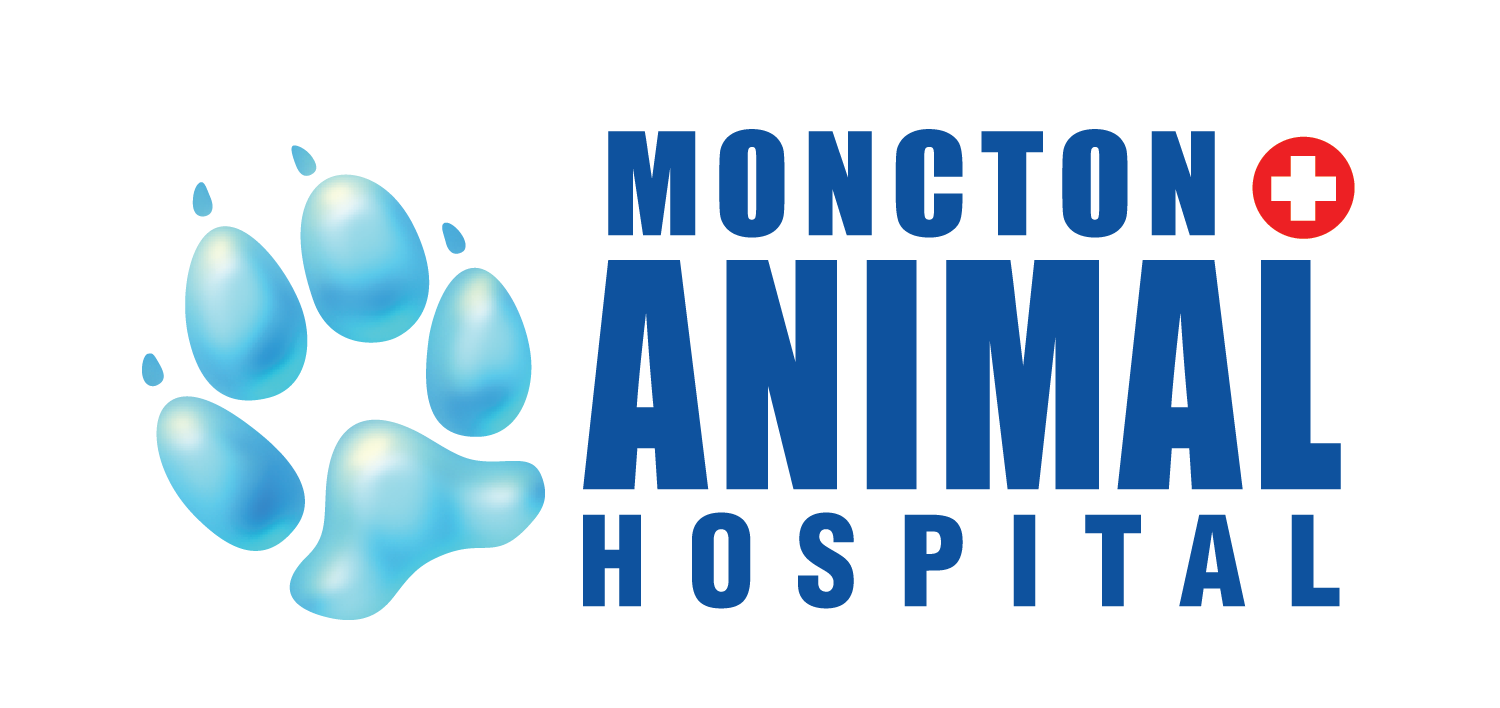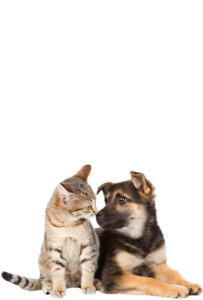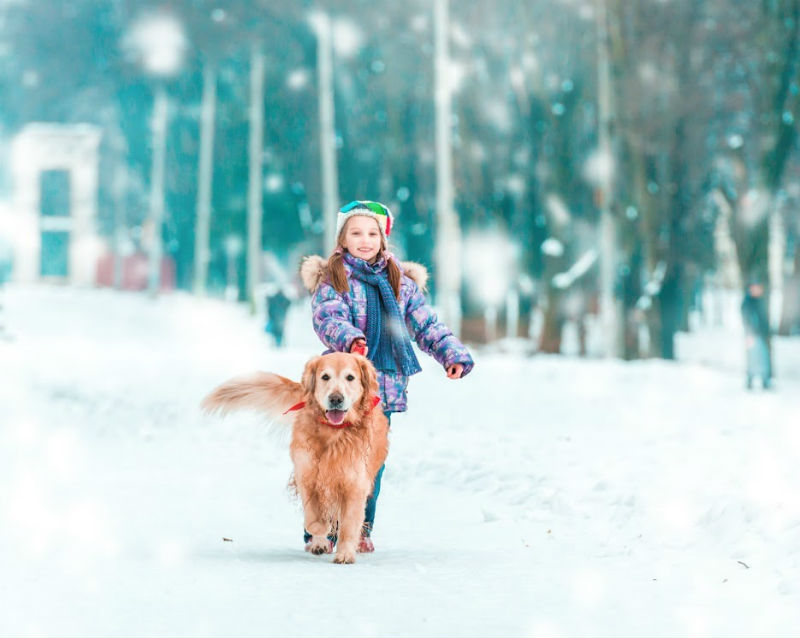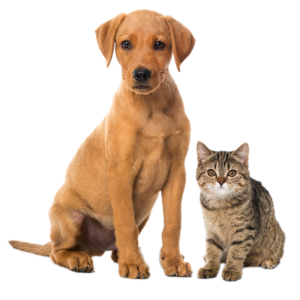Winter is Coming! Is your furry friend ready? Here are the most important things to help get your pet ready for the cold weather.
Dogs
- Pets with long fur between their paws/ legs tend to accumulation hard snow between their toes. Trimming their paws or applying Pawmagik creams/foot protection ointments can also help. You can also train your pet to wear winter booties to prevent slipping on ice, keep their feet warm, protect against salt and minimize cracks on paw pads.
- Buy pet-friendly salt or use gravel for traction when you are making your property anti-slip.
- Remember it’s cold outside! Do not put your pet out unattended. They can get frostbite, get injured from ice or falling snow, or get into trouble with plows or sliding vehicles.
- Prepare for poop: Some dogs don’t like doing their business on the back porch or on snow. Snow blowing or shoveling a “Puppy Potty” space outside is important. Also, make sure to prevent dogs from eating frozen feces. This can cause illness.
- Be careful around garage items. Antifreeze and other winterized fluids are toxic, and frozen metals are sharp and can rip paws.
- The cold can severely affect older or ill pets. Make sure to monitor your diabetic, arthritic or older pet for any sign of illness during the cold months!
- When walking/snowshoeing out in the woods, be careful of hunting traps. Dogs can easily slide into an open wildlife trap and be severely injured.
Cats
- Sleeping more is common in the winter months.
- Cats love heat, but some have no concept of how hot things can get. Make sure your fire has a grate/protector, and electric blankets are monitored to prevent burns.
- Remember to monitor feedings. Since most cats sleep more over winter, it is easy to gain a little extra “winter weight”. It is important to decrease the calories your kitty eats if their energy demands have decreased to prevent obesity and other associated illnesses.
Pocket Pets (Rats, Guinea Pigs, and Bunnies), Reptiles, and Birds
- Caged animals are very sensitive to temperatures. Please make sure their cage/resting areas are away from drafts.
- Hibernation and brumation can occur if you do not closely monitor temperatures and humidity levels. If you maintain a normal photoperiod and temp/humidity, you can safely prevent a true brumation/hibernation. It is still normal for reptiles to slow down and eat less over the winter months due to decreased light and ambient heat. Monitor their weight closely – as long as they are not losing weight, this decrease is completely normal.
- UV light quality becomes more and more important over the winter months since any natural UV they are getting will decrease as the amount of daylight we get decreases. Make sure your UV bulbs are working correctly and change them regularly.
Written by Moncton Animal Hospital



